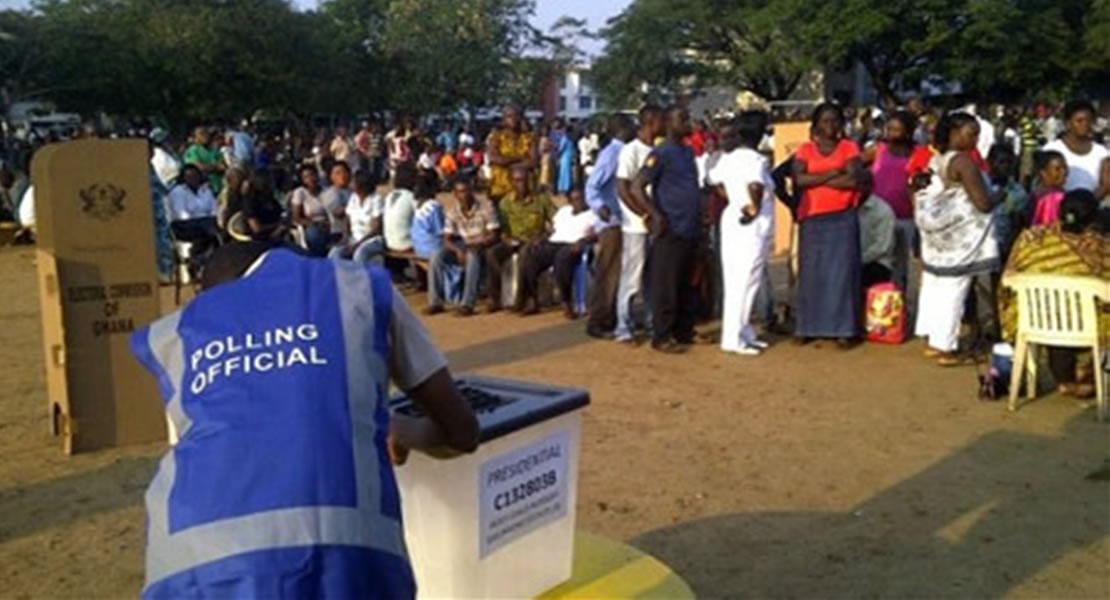
The law meant to regulate the conduct of this year’s District Assembly elections, Constitutional Instrument (C.I) 89, matures today Wednesday 10th June 2015 after meeting the required 21 parliamentary sitting days.
The report of the Parliamentary Committee on Subsidiary Legislation on the District Level Elections Regulations, 2015 (C.I 89) was laid on the floor of the House on Tuesday.
This is to legally empower the Electoral Commission (EC) to proceed and set a date for the district level elections after several months of the event being stayed due to dispute at the court.
The District Level Elections Regulations, 2015 (C.I. 89) was laid in Parliament on March 20, 2015 and gazetted on the same day.
A report of the Parliamentary Select Committee on Subsidiary Legislation on the District Level Elections Regulations, 2015 (C.I.89) signed by its Chairman, Osei Bonsu Amoah is recommending the CI to come into force at the expiration of 21 sitting days as provided for under Article 11(7) (C) of the 1992 Constitution.
The Electoral Commission postponed the District Level Elections, which was originally set for October 2014 to March 2015.
Earlier to that, the District Electoral Areas and Designation of Units Instrument, 2014 (C.I.85) which was laid before Parliament on Friday, November 21, 2014, was to come into force on Monday, December 22, 2014.
But before the C.I.85, could come to force, the Electoral Commission had opened nominations of candidates for the District Assembly and Unit Committee elections.
The nominations were closed on Sunday, December 21, 2014, a day before the regulations came into force.
An aggrieved candidate for the District Assembly elections, Benjamin Eyi Mensah, filed a suit at the Supreme Court, in quest of, a declaration that the opening and closing of nominations for the elections preceding to the entry into force of the regulations was unconstitutional.
Then, the Supreme Court unanimously held that the opening and closing of the said nominations pending the entry into force of C.I.85 on Monday, December 22, 2014 was unconstitutional.
The Supreme Court maintained that by virtue of Article 51 of the 1992 Constitution, the Electoral Commission is mandated to specifically make regulations for the District Level Elections.
As a result, the Electoral Commission could not rely on the Public Elections Regulations, 2012 (C.I. 75) to conduct the District Level Elections.
Subsequent to the Supreme Court decision, the Electoral Commission then ensured that the District Level Elections Regulations, 2015 (C.I.89), was laid on Friday, March 20, 2015.
Under C.I.89, the Electoral areas specified in the District Electoral Areas and Designation of Units Instrument, 2014 (C.I.85) constitute the electoral areas for the purposes of elections to the District Assembly for the district concerned.
C.I.89 also provides for the nomination of candidates for District Assembly or Unit Committee elections and other related items.
Kwadwo Anim/GhanaMPs.gov.gh